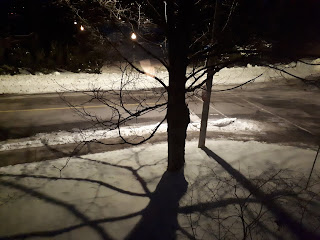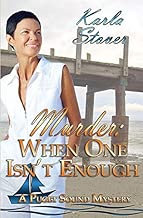 |
| coming in April! |
 |
| shortlisted for Laramie and Chatelaine Awards! |
Located in the middle of the St. Lawrence River lies the island Grosse Isle. It was once the main point of entry for immigrants coming to Canada. On the island was a quarantine station. The year 1847 (“Black ’47”) was the worst year of the Irish Great Hunger, brought in approximately 110,000 migrants to Canada. Nearly 90,000 landed at Grosse Isle.
 |
| An Irish Farewell, 1840 |
About one out of every six migrants did not make it through that year. They died in the filthy holds of “coffin ships,” in crowded tents on the quarantine islands or in port cities. Most succumbed to typhus.
 |
| newspaper account |
By year’s end, thousands of children had become orphans. No one is sure of the exact number as many were informally placed out and left no trace in the records.
Over half the orphans were placed with French Canadian families, many in the countryside. Some were treated merely as farm hands. But some of the adoptive parents were self-sacrificing and expressed love and respect while they urged the children to keep their Irish surnames and preserve their Irish heritage. The descendants of these Irish Canadians have become accomplished in many walks of life. They include artists and musicians, politicians, writers and scientists.
 |
| memorial to the fallen on Grosse Isle |
My friend Paulinus Healy, chaplain of the Toronto Airport, first told me the infinitely sad story of the fallen of Grosse Isle and the wonderfully redemptive one of the French Canadian families who took the orphans into their homes and hearts. “You’ll write about it some day, “ Paulinus predicted. I have in my April 2020 historical novel, Mercies of the Fallen. Sergeant Rowan Buckley is a Grosse Isle orphan taken in by three French Canadian sisters. When the American Civil War breaks out, he decides to head south with his neighbor, a former slave, to join the Union army.
I hope I have captured the character of fallen people, who, if shown kindness, return mercy to the world exponentially.
PS -- As February is romance month, Books We Love authors are offering excerpts from their contemporary romances, romantic suspense and paranormal romances on the BWL free reading club. Check it out and join today at https://www.facebook.com/groups/BooksWeLovebookclub/























